































In a nutshell.
Revolutionising battery recycling with technological leadership.

Holistic recovery
Recovering all elements in lithium-ion batteries.

Water-based lithium and graphite recovery
Proprietary process drastically minimises chemical use.

100% Renewable electricity. Industry-ready
We power every step of our production with 100% renewable electricity — because sustainability starts with how we operate.

Same material - 80% reduced carbon footprint
A lower environmental impact alternative to raw material extraction, verified by an external lifecycle assessment (2023).

90% Recycling efficiency
Closing the loop on battery materials for a truly sustainable future.
.avif)
End-to-End battery recycling
From discharging to refined materials, ensuring integration into the value chain. Your recycling partner turning used batteries into recycled raw materials.

Holistic recovery
Recovering all elements in lithium-ion batteries.

Water-based lithium and graphite recovery
Proprietary process drastically minimises chemical use.

100% Renewable electricity. Industry-ready
We power every step of our production with 100% renewable electricity — because sustainability starts with how we operate.

Same material - 80% reduced carbon footprint
A lower environmental impact alternative to raw material extraction, verified by an external lifecycle assessment (2023).

90% Recycling efficiency
Closing the loop on battery materials for a truly sustainable future.
.avif)
End-to-end battery recycling
From discharging to refined materials, ensuring integration into the value chain. Your recycling partner turning used batteries into recycled raw materials.
Recycle with us
and close the loop.
Shape the future of recycling.
Together, we drive battery R&D forward.
Revolutionising battery recycling for a circular future.
At cylib, we turn battery waste into valuable resources for battery production. Supported by cutting-edge research from RWTH Aachen University, our proprietary process efficiently recovers critical raw materials such as lithium, graphite, nickel, cobalt, and manganese, minimising waste, reducing environmental impact, and building resilient European value chains.
We are powering the green energy transition with a climate-friendly and fully integrated recycling solution that keeps battery materials in the loop. Founded in Aachen, Germany, cylib is growing rapidly and shaping the future of sustainable innovation, one battery at a time.



Featured in. News & insights.
We're part of
these associations.














We are recognised by
these awards.

.png)






.png)





Backed by
certified expertise.




Be part of the change.
Join us in closing the battery loop.


.svg)









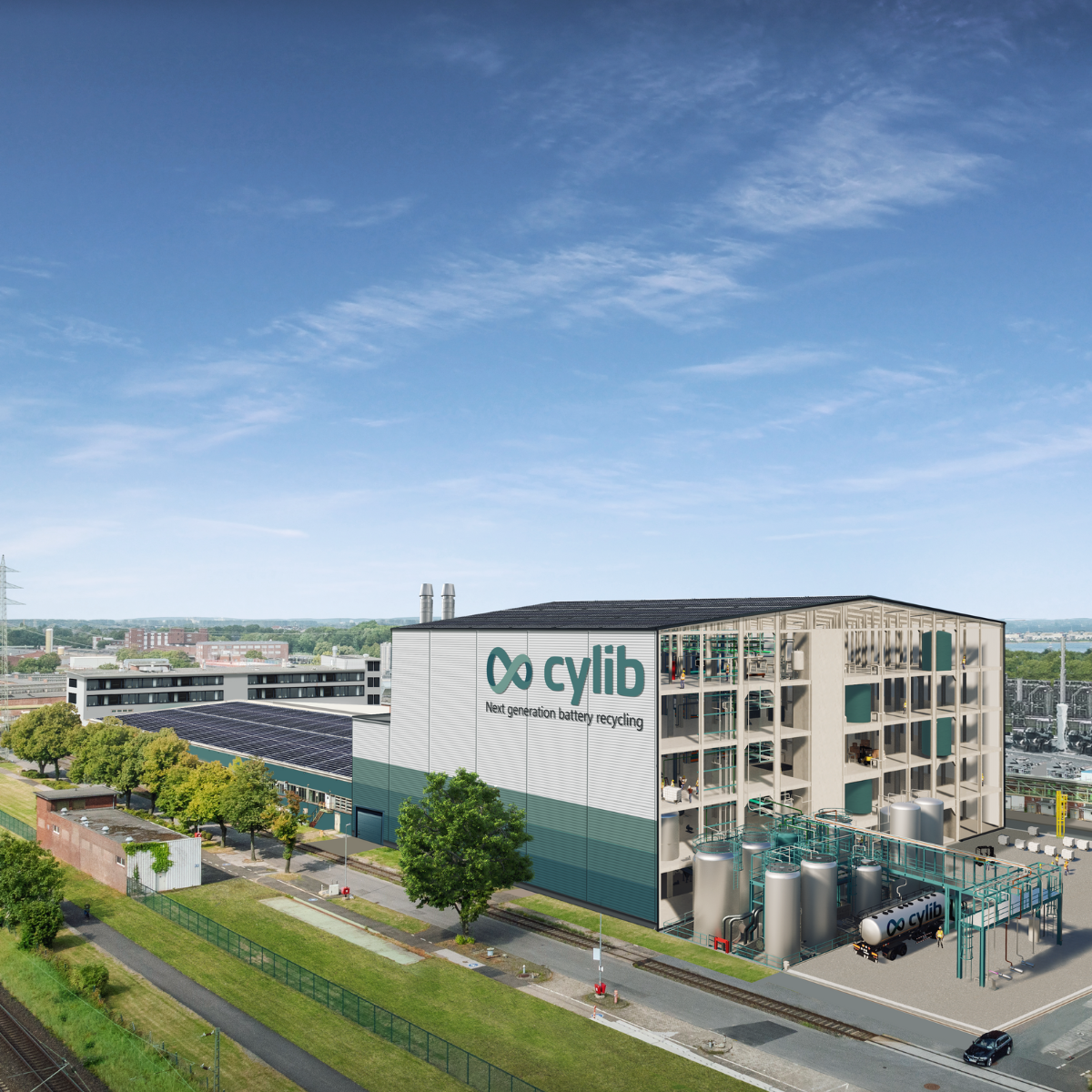
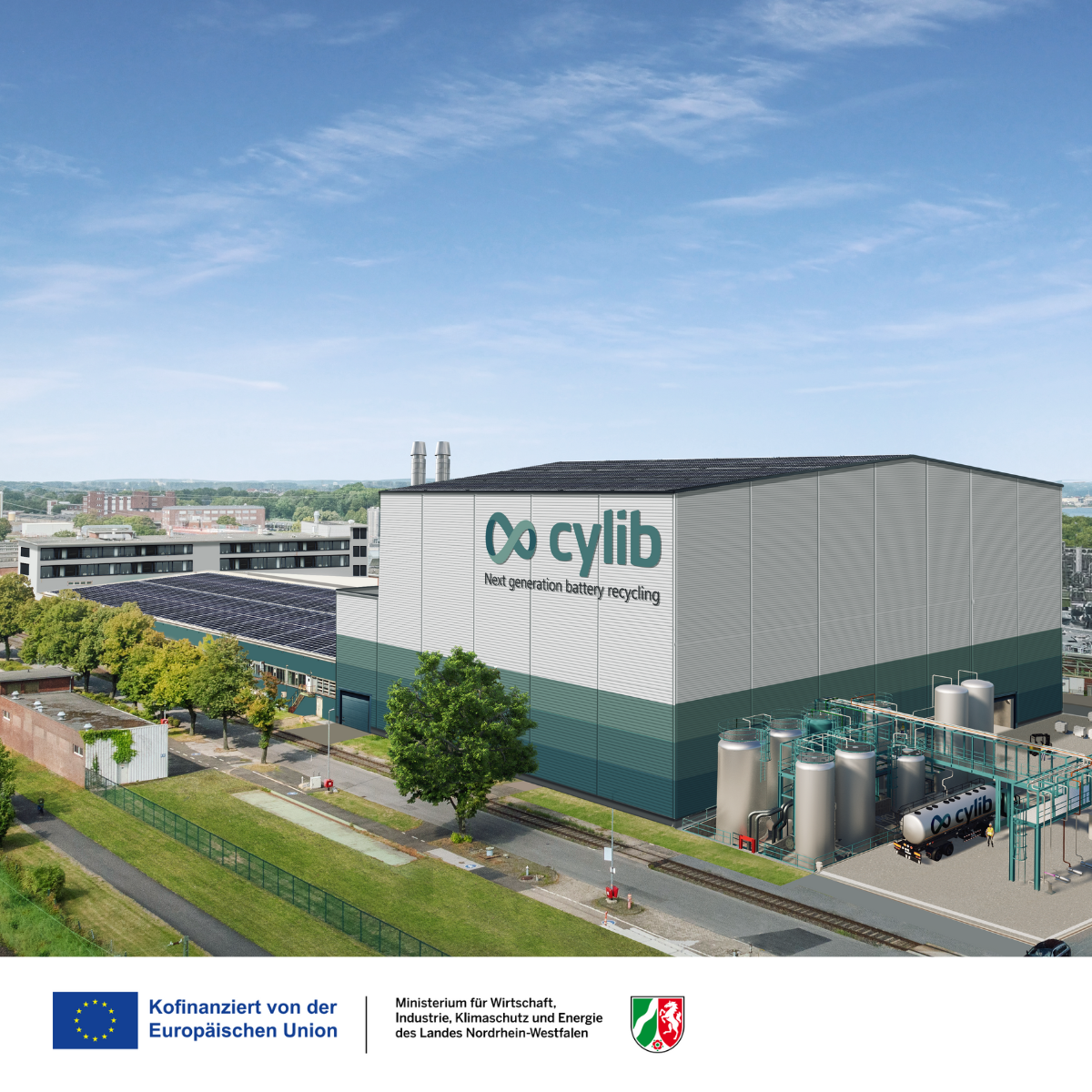
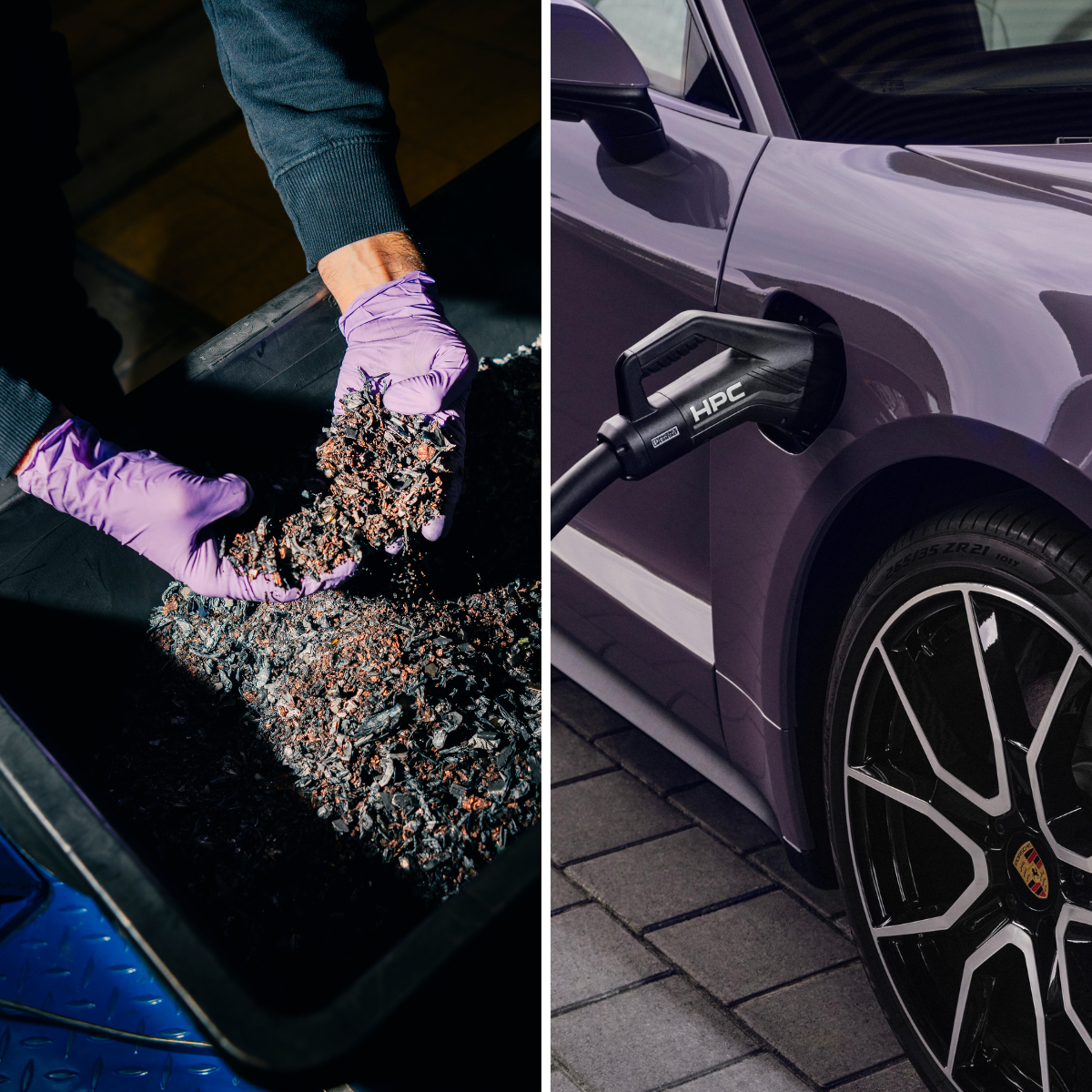
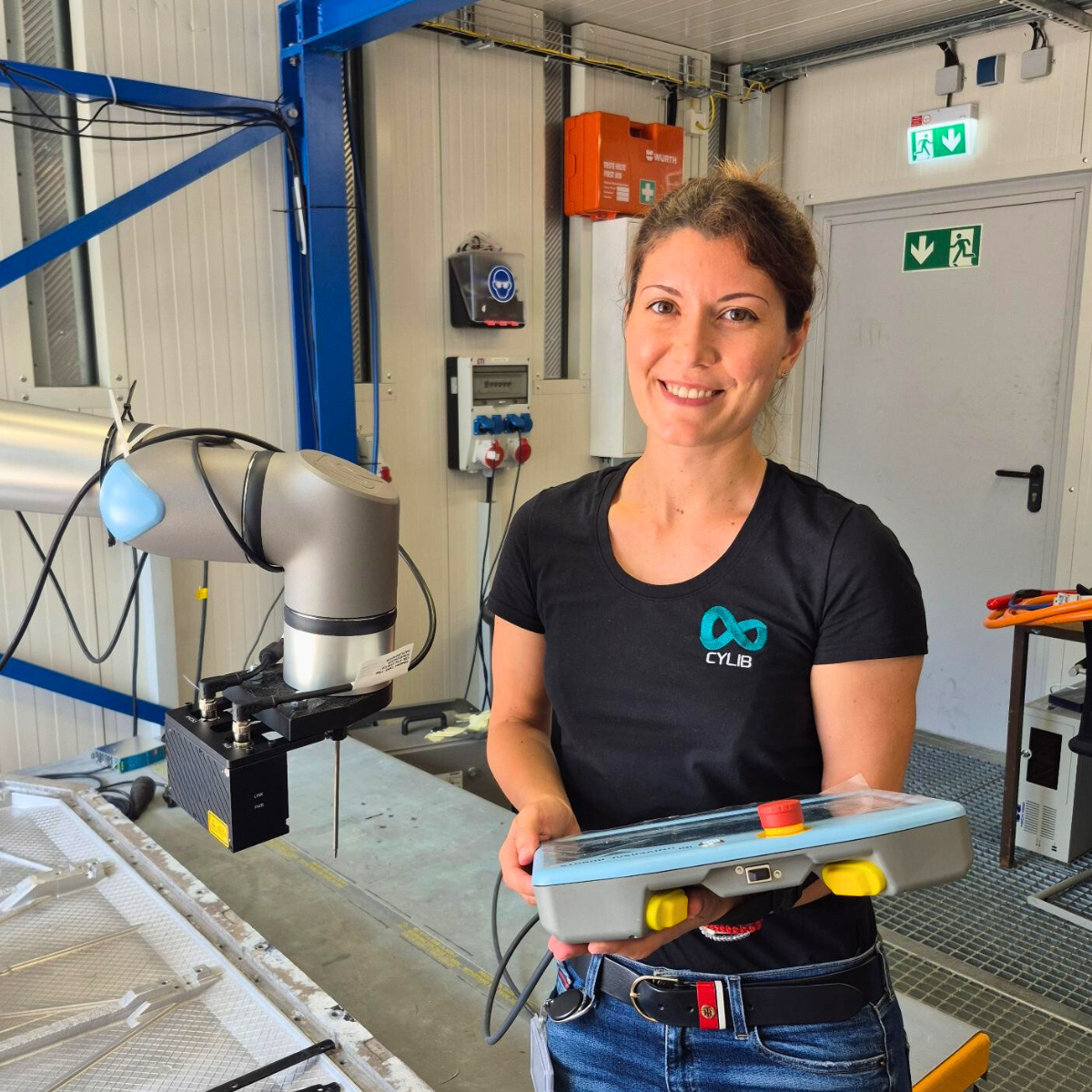



.png)


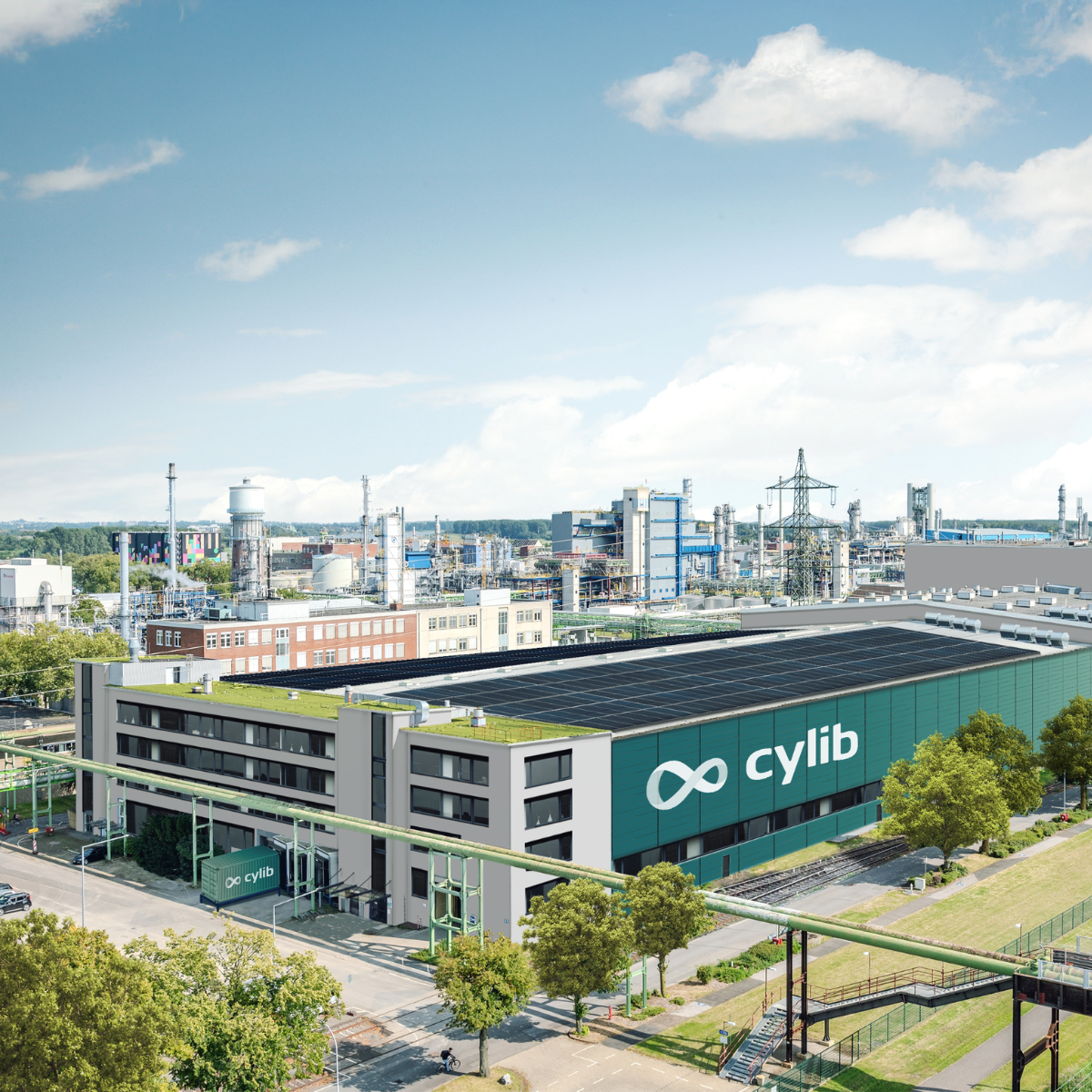
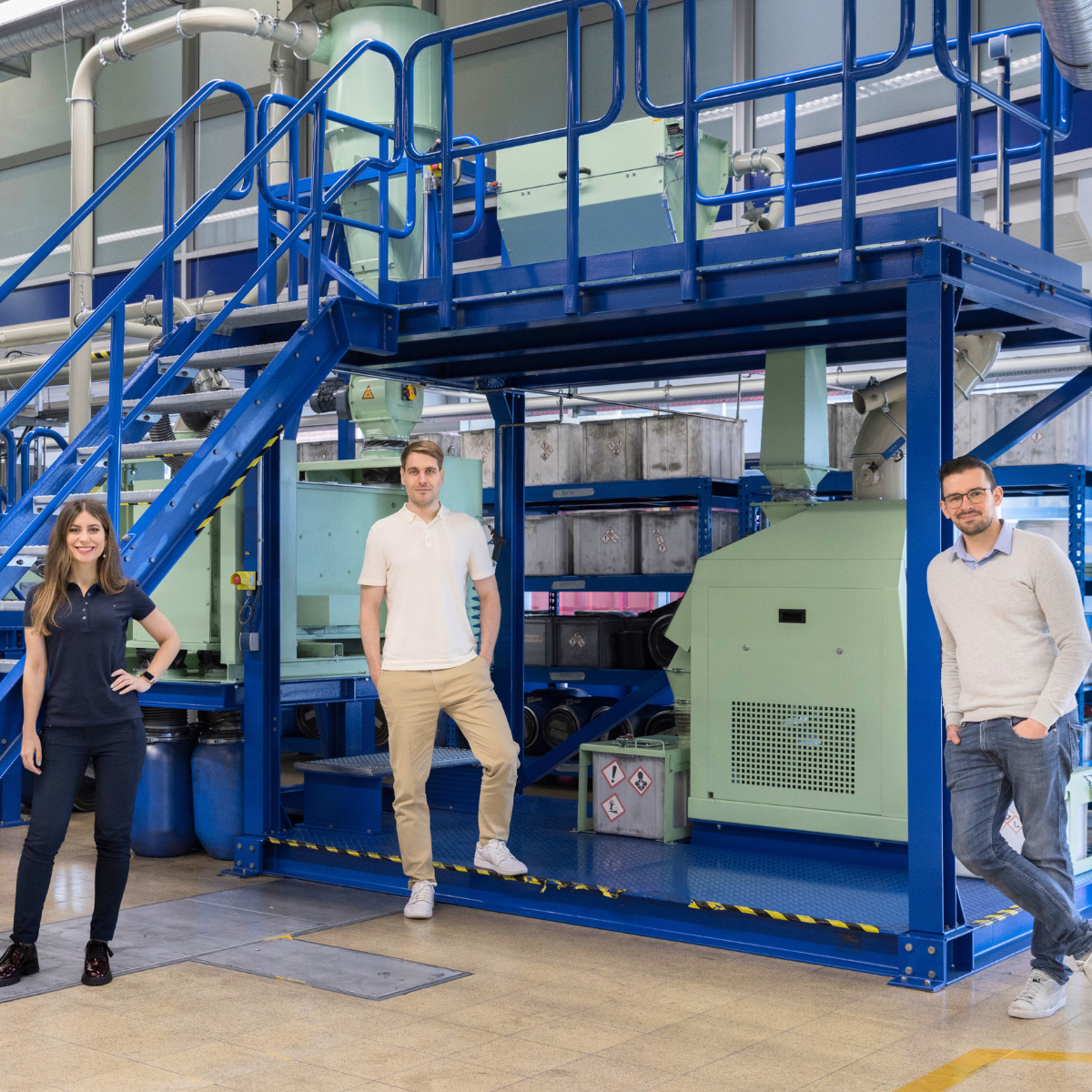
.png)






.png)







-min.avif)